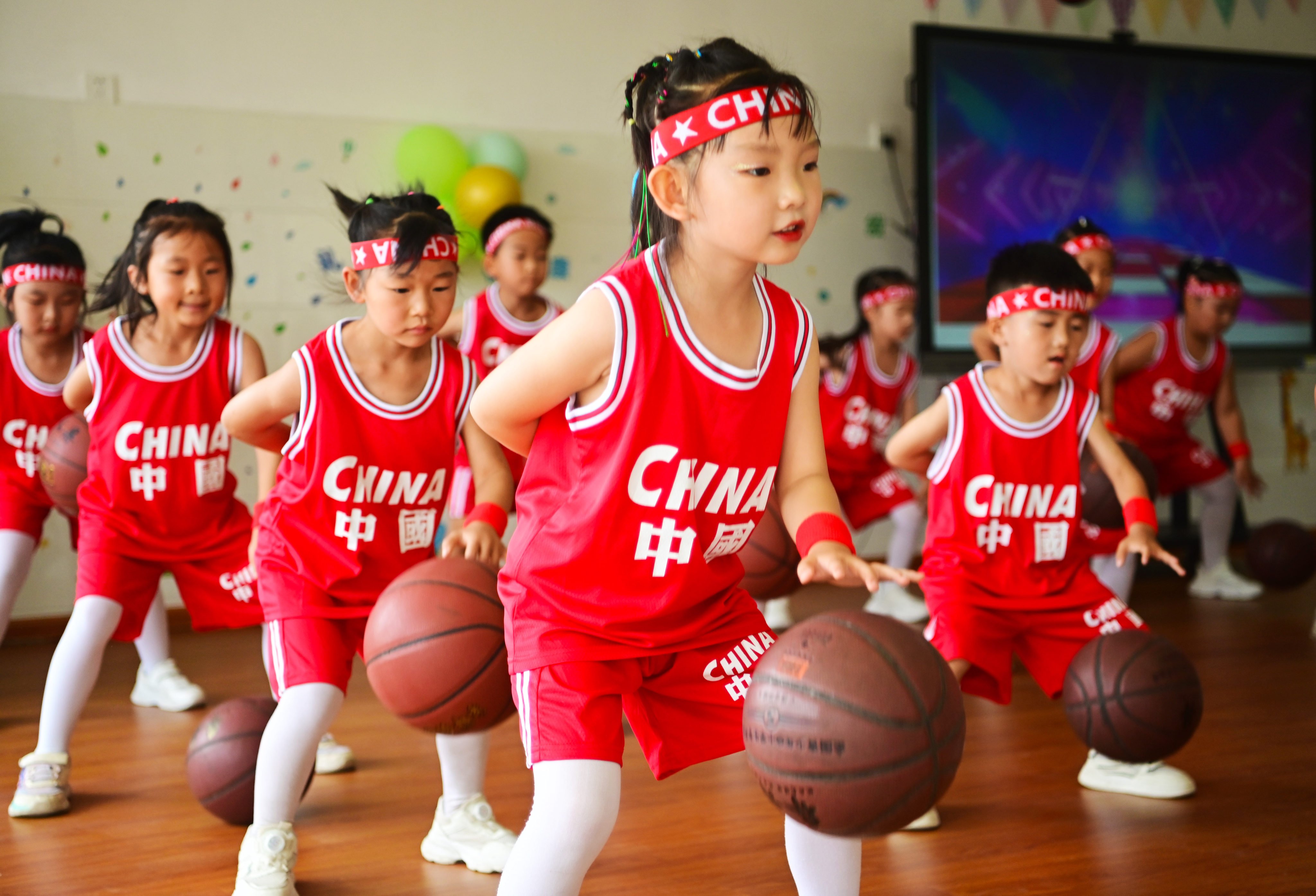Thousands Of Chinese Kindergartens Close As Falling Birth Rate Takes Its Toll

The number of kindergartens in China dropped by more than 5 per cent last year in the latest indicator of the country’s falling birth rate.
In 2023 the number of kindergartens fell by 14,808 to 274,400 – the second consecutive annual decline – according to an annual report by the Ministry of Education.
Meanwhile, the number of children enrolled in kindergarten declined for a third consecutive year – dropping by 11.55 per cent, or 5.35 million, last year to 40.9 million, according to the report.
The number of primary schools also dropped by 5,645 to 143,500 in 2023, a 3.8 per cent fall.
The decline reflects a broader demographic shift in China – where both birth rates and total population continue to dwindle – posing a serious threat to future economic growth, which is already slowing.
Last year, China’s population dropped for the second year in a row, to 1.4 billion, a decline of over 2 million. Only 9 million births were reported in China in 2023, the lowest figure since records started in 1949.
The China Population and Development Research Centre has calculated that the country’s fertility rate dropped to 1.09 in 2022, and demographers estimated that it fell below 1.0 last year, although there is no official figure available.
The fertility rate refers to the average number of children born to each woman, while a replacement fertility rate of 2.1 children per woman is widely accepted as the necessary rate for a country’s population to remain constant.
In Shanghai, one of China’s wealthiest cities, the total fertility rate dipped to 0.6 in 2023, according to the local authorities.
“Meanwhile, the burden of elder care is intensifying, all amid economic stagnation,” said He Yafu, an independent demographer based in Guangdong province.
“Kindergarten operators need to adjust strategically to meet new challenges, such as expanding early childhood education to include children under three and establishing an integrated care-education system.”
National Health Commission data from 2021 showed that more than 30 per cent of Chinese families with infants and toddlers in China need child care, but only 5.5 per cent have enrolled their children in nurseries or pre-kindergartens.
An increasing number of kindergartens have been converted into care centres for senior citizens, and many of their staff members have switched jobs to care for the elderly.
Chinese families are increasingly reluctant to give birth, deterred by hefty housing and child-rearing costs, cutthroat competition for good schools and universities and jobs as well as the uncertain economic and political outlet.
A recent survey of women of childbearing age in the eastern city of Ningbo found that nearly half of single, childless women expressed a preference for having only one child, over a third did not want any children, 15 per cent wanted two, and less than 1 per cent said they wanted more children.
It also found that 56 per cent of those questioned regarded marriage as optional rather than essential and nearly 6 per cent saw no need to get married at all.


